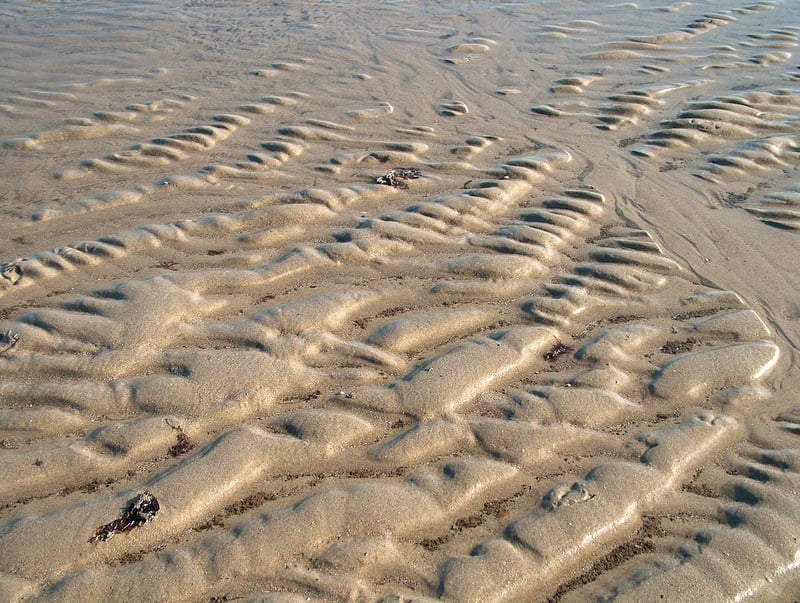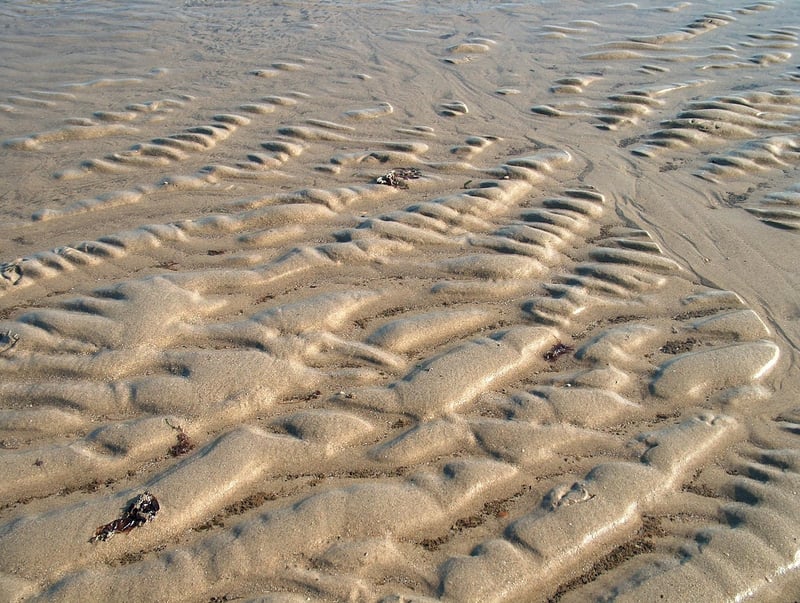Future Exploration
Exploring Different Eras and Future Exploration
Introduction
Exploration has been a fundamental aspect of human history, shaping societies and cultures. From ancient civilizations to modern advancements, each era has seen unique forms of exploration that have led to incredible discoveries. Let's delve into the exploration of different eras and ponder on the possibilities of future exploration.
Ancient Exploration
Ancient civilizations such as the Egyptians, Greeks, and Romans were pioneers in exploration. They embarked on journeys to expand their territories, trade goods, and discover new lands. The Phoenicians, known for their seafaring skills, navigated the Mediterranean and beyond, establishing trade routes and spreading knowledge.

Age of Discovery
The Age of Discovery in the 15th to 17th centuries saw European explorers like Columbus, Magellan, and Vasco da Gama set sail to find new trade routes and lands. Their expeditions led to the discovery of the Americas, circumnavigation of the globe, and the establishment of global trade networks.

Space Exploration
In the 20th century, humanity turned its gaze towards the stars with the advent of space exploration. The Moon landing in 1969 by NASA's Apollo 11 mission marked a significant milestone. Since then, robotic missions, space stations, and plans for manned missions to Mars have continued to push the boundaries of space exploration.

Future Exploration
The future of exploration holds endless possibilities. Advancements in technology, such as AI, robotics, and virtual reality, are revolutionizing how we explore new frontiers. From deep-sea exploration to Mars colonization, the horizon of exploration is expanding.

Conclusion
Exploration has always been a driving force behind human progress. By learning from the explorations of the past and embracing the innovations of the future, we can continue to push the boundaries of knowledge and discovery.
Let's keep exploring, for the journey is as enriching as the destination!
